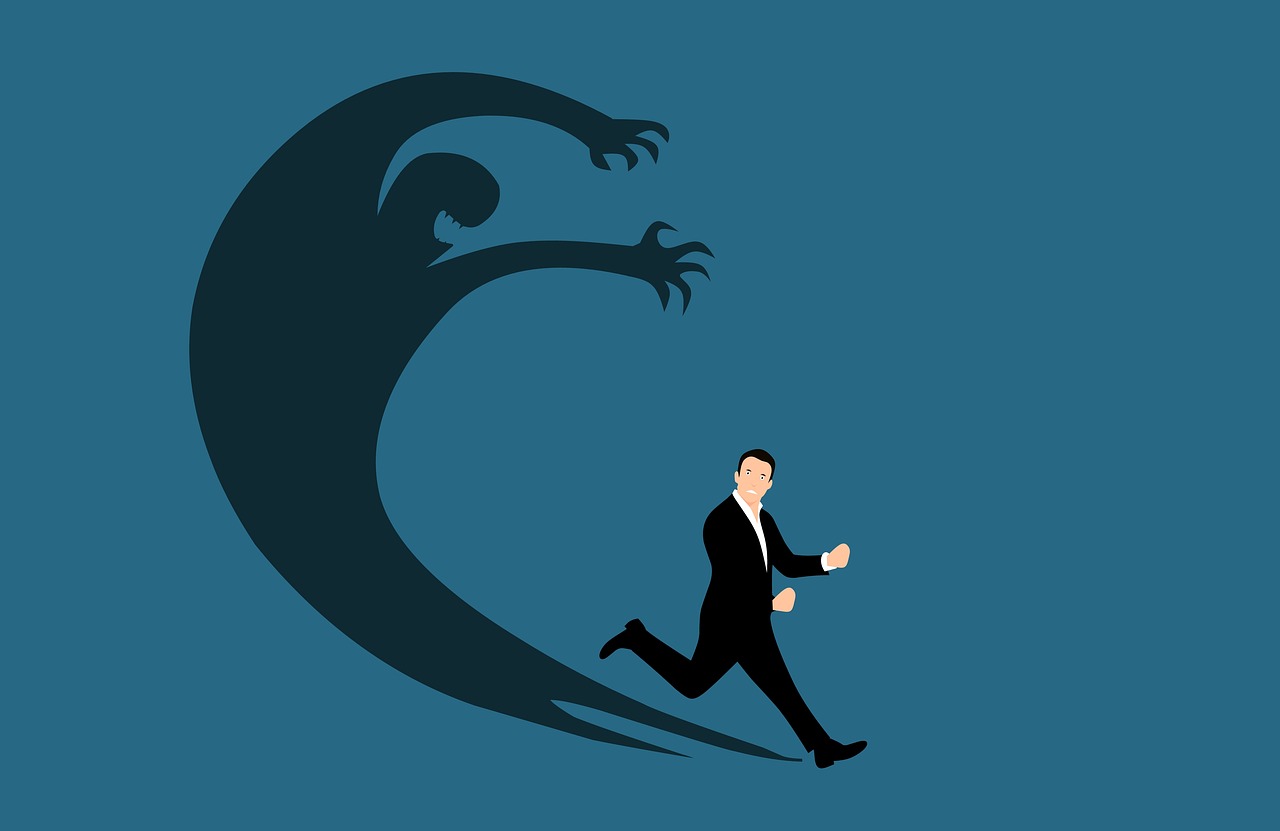
Based on Ohel Moshe
The viceroy of Mitzraim reveals to his brothers that he is actually Yoseif, their long lost brother, whom they sold as a slave.
The brothers can’t answer Yoseif; they are confounded. Rashi adds: because of the shame. What shame applies here?
The Beis Halevi says that the shame was due to the inconsistency of Yehuda’s speech with his actions. He passionately pleads for his father; if they don’t return with Binyamin, Yaakov Avinu will be broken and distraught. But Yoseif stops Yehuda’s plea. “Why were you not concerned with the survival of Yaakov when you sold me as a slave?”
Rav Moshe Feinstein has a different understanding of the shame. It is not referring to the inconsistency of speech and action, rather the simple concept of being ashamed in front of someone. They were ashamed to realize that they had sold their brother, and shocked that they had not anticipated being ashamed. Rav Moshe says that they realized that not being afraid of being shamed was worse than not being afraid of sin. Shame, he writes, can prevent many avairos! Since they had not been afraid of being shamed, perhaps they had missed other avairos!
This reminds us of Rabban Yochanon Ben Zakai’s last words. He instructed his students to always imagine that someone is watching — then they will be afraid of acting improperly. The students we’re surprised — shouldn’t one’s fear of Hashem be greater than the fear of people? Rabban Yochanon answered that fear of Hashem is not so easily achieved. It is much more practical to picture that someone may be watching.
Fear of shame is something which is often lacking today. Many mistakes could be avoided if only people would be afraid of being ashamed.
Rav Yerucham Levovitz has a different analysis. We are not discussing a normal, earthly shame, but the holy quality of an internal shame. We’re not discussing being ashamed due to someone seeing him, but being ashamed because he realizes that he acted improperly.
We are told that they acted with Ruach Hakodesh and Hashem had joined with them in their decisions. This is often used as some sort of defense of their actions. Rav Yerucham says the reverse. Why would they be ashamed if they had done nothing wrong? Rather, the Torah is teaching that even if one has Ruach Hakodesh, even if Hashem joins with him, he still may be called to judgment for making a mistake.


